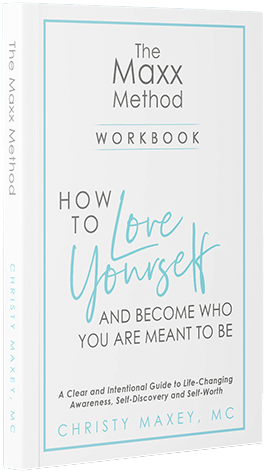I was recently asked what exactly childhood trauma is. What constitutes childhood trauma and how does that trauma impact our lives as adults? While the Wikipedia page on childhood trauma provides an in depth and heavily-referenced treatment on the topic, I found this article from Very Well Minds which discusses the effects of childhood trauma.
I believe it offers us a very clear insight into the nature of childhood trauma and how it impacts us as children and influences our lives as adults.
Effects of Childhood Trauma
The role childhood trauma plays in our adult health is of critical importance. In the article, the section on long term health states:
Traumatic events can affect how a child’s brain develops. And that can have lifelong consequences.
Studies show that the more adverse childhood experiences a person has, the higher their risk of health and wellness problems later in life. Childhood trauma may increase an individual’s risk of:
-
Asthma
-
Depression
-
Coronary heart disease
-
Stroke
-
Diabetes

Additionally, a study published in 2016 in Psychiatric Times noted that the prevalence of suicide attempts was significantly higher in adults who experienced trauma, such as physical abuse, sexual abuse, and parental domestic violence, as a child. Conflict and trauma in childhood can also have a negative impact on our self-worth and self-esteem. This in turn, has a negative effect on our adult relationships.
Taking this into account, it is important that we look at what is troubling us in our adult lives. In most cases, those fears and anxieties, depression, and issues with self-worth find their roots in our childhood development. We often do not understand the nature of the trauma we faced as children until we identify what troubles us as adults.
What is Childhood Trauma?
The above describes the effects of childhood trauma, but what is trauma? The Center for Treatment of Anxiety and Mood Disorders describes trauma as “a psychological, emotional response to an event or an experience that is deeply distressing or disturbing.” Pia Mellody author of Facing Codependence says “abuse is anything less than nurturing.” I believe trauma is a very personal reaction and perception of an experience or event. What is traumatic to one person (i.e. divorce of parents) may not be traumatic to another.
How to Heal Trauma
The positive side of this difficult reality is people can heal from trauma. When we are traumatized, we often make up a negative belief about ourselves (i.e. “I should have done something,” or “I’m permanently damaged.”) EMDR (eye movement desensitization and reprocessing) is one powerful and effective tool that can help people desensitize to the distressing memory, the unpleasant emotions (i.e. shame or fear) and the negative belief about oneself.

EMDR can also be used to help the client reprocess the memory with a more positive belief about themselves. The client is able to ‘install’ a more rational and true belief such as “I can be healthy now,” or “I did the best I could at that time.” As a result they also rid themselves of the shame or fear that previously plagued them.
Clients then get to a point where they are less triggered by memories of the trauma. They are also less triggered by experiences that remind them of the trauma. Although, we cannot change our past, we can definitely change how we respond to our past.
I believe experiential types of trauma work, rather than talk therapy, is essential in helping clients
reprocess trauma in an effective way. It’s important for clients to seek out a Trauma Informed Coach and/or Therapist to best help them get to the other side of this sometimes-debilitating experience.
Opportunity for Increased Self-Worth
Our work toward becoming our authentic selves must start with identifying those things about us that are holding us back from being who we desire to be. This can be a difficult process. However, when we free ourselves from long-held feelings of shame and negativity which are often rooted in our childhood experiences, we are better able to approach the world and our relationships without the heavy baggage we may have been carrying for years. We can also begin the process of truly valuing ourselves, which includes genuine self-worth and self-love.


